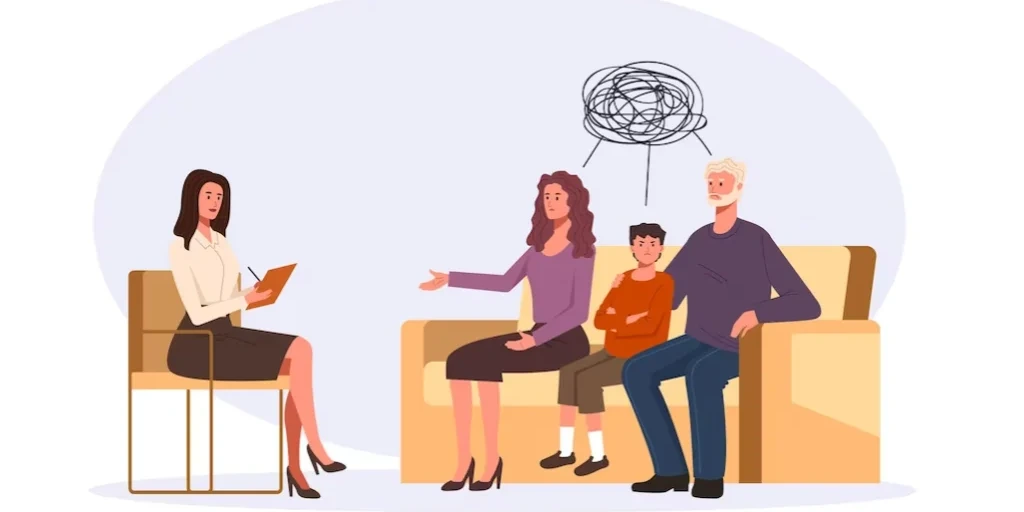24/7 Helpline:
(866) 899-221924/7 Helpline:
(866) 899-2219
Learn more about PTSD Rehab centers in Chino Hills
PTSD Rehab in Other Cities

Other Insurance Options

Ceridian

PHCS Network

UnitedHealth Group

Private insurance

CareSource

Optum

UMR

Providence

Humana

Health Choice

Access to Recovery (ATR) Voucher
Beacon

CareFirst

WellCare Health Plans

Magellan Health

Premera

MVP Healthcare

Sliding scale payment assistance

Aetna

Choice Care Network

Discovery Mood & Anxiety Program
Discovery Mood & Anxiety Program is a private rehab located in Chino Hills, California. Discovery Mo...





Avery Centre
Avery Centre is a private rehab located in Chino Hills, California. Avery Centre specializes in the ...

Let’s Talk Ministries – Chino Hills
Let’s Talk Ministries – Chino Hills is a public rehab located in Chino Hills, California. Let’s Talk...



